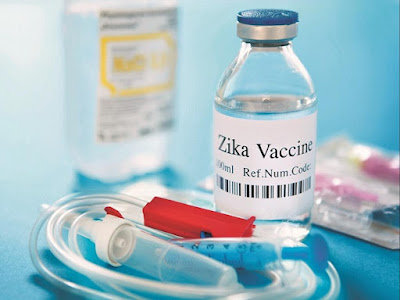The Zika vaccines market is expected to witness significant growth, due to high incidence of Zika virus infection. The European Centers for Disease Control and Prevention announced the first three Zika cases in southern France in November 2019. Zika is mostly transmitted by the bite of an infected Aedes species mosquito. These mosquitos bite at all hours of the day and night. There have recently been clusters of cases of the disease-caused meningitis, encephalitis, meningitis, and other neurological diseases. There is also evidence that some of the babies born to infected moms have birth abnormalities and neurological issues. Such concerns are expected to aid in growth of the Zika vaccines market.
New product development is predicted to contribute in the growth of the Zika vaccines market. A licenced product in the form of a live viral extract is currently being tested in clinical trials. A Zika vaccine aims to prevent the problems and symptoms of pregnancy-related Zoonotic infections caused by the Aedes species strain. It was anticipated that a vaccination would be required to prevent infection during pregnancy because it is commonly connected with an airborne infection. However, due to the product's development stage using both in vitro and in silico technologies, there have been no clinical trials testing the safety of this vaccination in pregnant women.
North America Zika vaccines market is driven by R&D of new products. The Canadian Pest Management Regulatory Authority is currently evaluating four related Zika virus vaccines in development. The first is a type 2 injectable vaccine intended for women of childbearing age; the second is a vehicle injected in kittens that prevent the infection from occurring in kittens that are not immunized; the third is a whole virus product designed to be administered to pregnant mothers; and the fourth is an in vitro cell culture product aimed at preventing the infection in cell cultures. These vaccines are currently being evaluated in phase 1 clinical trials. No medication has been proven to stop or prevent the spread of the zika virus, but vaccines can reduce the risk to infants and mothers when infected.
The clinical trial procedures vary according to the type of product being tested. In the case of the in-vitro zika virus vaccine candidates, which are manufactured in the laboratories and then distributed by means of nasal trays into the nasal cavity, the primary test procedure involves exposing the vaccines to irritants and then monitoring the reaction of the mice for approximately two hours post-exposure. The product is expected to be able to protect mice from infection if at least one injection is successful.



No comments:
Post a Comment